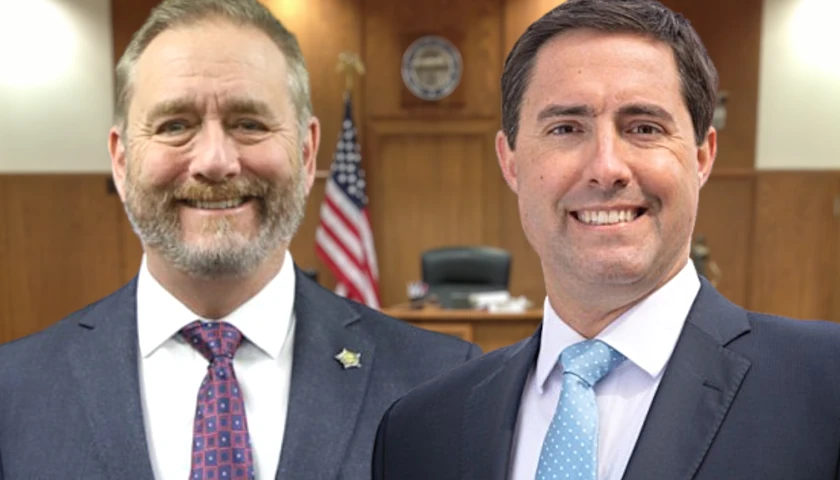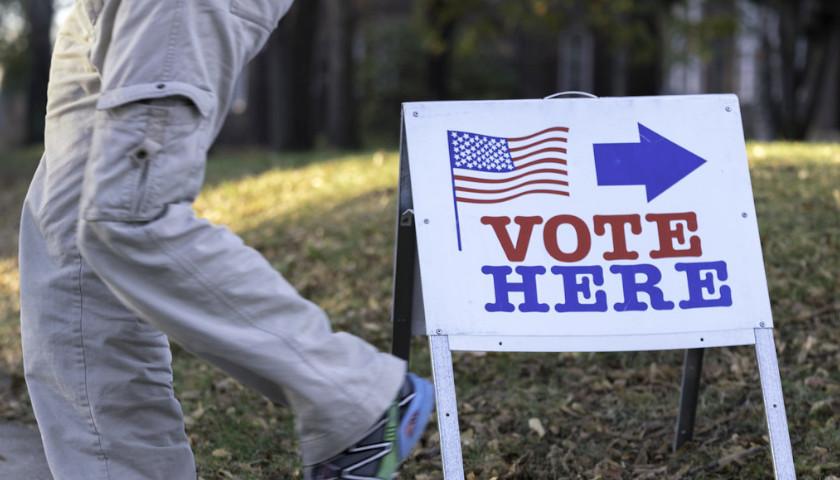Ohio Attorney General Dave Yost rejected a petition which aims to amend the state constitution by ending qualified immunity for state workers claiming that the language contains omissions and misstatements that would mislead a potential petition signer.
The amendment, submitted by The Ohio Coalition to End Qualified Immunity, aiming for the November 2024 presidential election, looks to add a Section 22 to Article I of the Ohio Constitution in order to end qualified immunity being used to protect state employees, including but not limited to law enforcement officers, against civil lawsuits.
According to Yost, his role in the petition process is to “determine whether the summary is a fair and truthful representation of the proposed statute.” Yost says that he has determined that this most recent version of the petition contains “vague, confusing, and contradictory language.”
A response letter sent to the petitioners says, “We identified omissions and misstatements that, as a whole, would mislead a potential signer as to the actual scope and effect of the proposed amendment.”
This marks the fourth time that Yost has rejected the petition. The Attorney General’s office received the summary on August 9th, 2023.
The Ohio Attorney General’s Office rejected the original version of the petition, “Civil Action for Deprivation of Constitutional Rights,” submitted on May 3rd, 2021, and again on August 23rd, 2021 claiming that the language was misleading. The petitioners modified and resubmitted the petition as the “The Ohio Civil Liberties Restoration Act” on November 22nd, 2022 which Yost rejected for material omissions. The petitioners also submitted the petition as “Protecting Ohioans’ Constitutional Rights” on February 27th, 2023 which the Attorney General again rejected as containing language omissions and misstatements. Yost received the petition again on May 24th, 2023, and rejected it for vague, confusing, and contradictory language.
The Legal Defense Fund says that the legal doctrine known as qualified immunity shields state and municipal politicians, members of law enforcement, educators, and other public servants from civil liability lawsuits unless they infringed on a clearly recognized constitutional right.
The Coalition to End Qualified Immunity responded to Yost’s rejection of their amendment claiming that he built his rejection on a legally unsound interpretation.
“The AG’s rejection is built on legally unsound and flawed interpretations, clearly misrepresenting our intentions and the established law,” The Coalition to End Qualified Immunity said.
According to Ohio Secretary of State and candidate for U.S. Senate Frank LaRose, the proposed amendment to end qualified immunity is dangerous for the state of Ohio because it strips critical legal protections from law enforcement.
“This amendment threatens to unleash a flood of frivolous, politically motivated lawsuits against the brave men and women trying to protect our communities,” LaRose said.
Ohio GOP Chairman Alex Triantafilou has also stated opposition to this proposed amendment.
In 2021, House Democrats introduced House Bill (HB) 332, a package of bills addressing police reform that included legislation to eliminate qualified immunity. The legislation stalled in the House.
– – –
Hannah Poling is a lead reporter at The Ohio Star, The Star News Network, and The Arizona Sun Times. Follow Hannah on Twitter @HannahPoling1. Email tips to [email protected].
Photo “AG Dave Yost” by AG Dave Yost.





